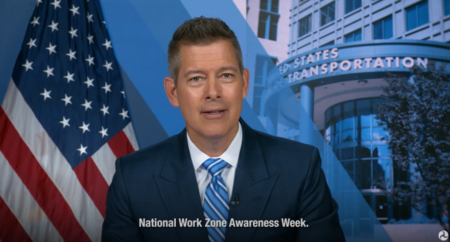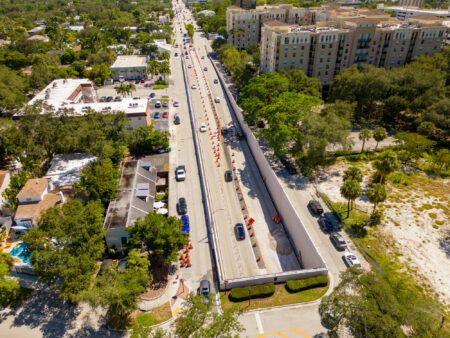A new report by the International Transport Forum (ITF) examines different experiences with speed limits in 10 countries and confirms the widely-held belief that lower speeds make roads safer.
Inappropriate speed is responsible for 20-30% of all fatal road crashes. The new ITF study examined how the road safety performance in 10 countries changed after they changed speed limits or introduced automatic speed cameras on a large scale. All the cases indicated a strong relationship between speed and the number of crashes: an increase in mean speed was accompanied by a higher number of crashes and casualties; a decrease was associated with fewer crashes and casualties. In no case did an increase in mean speed coincide with fewer crashes or casualties. These results confirm the existing scientific evidence that speed has a direct influence on the occurrence of traffic crashes and on their severity. According to a widely used scientific formula, every 1% increase in average speed results in a 2% increase in all injury crashes, a 3% rise in fatal and severe crashes, and 4% more fatal crashes. Thus, reducing speed by a few mph (km/h) can greatly reduce the risks of and severity of crashes.
The report recommends to:
Reduce the speed on roads as well as speed differences between vehicles; Set speed limits based on the ‘Safe System’ principles, i.e. at a level that humans can survive without dramatic consequences in case of a crash; Introduce compensation measures where speed limits are increased; for instance, stricter enforcement or a safety upgrade of the road infrastructure; Use automatic speed control to effectively reduce speed.
Working toward a Safe System, the authors propose as reasonable speed limits:
18.6mph (30km/h) in built-up and residential urban areas where motorized vehicles and vulnerable road users share the same space; 31mph (50km/h) in other urban areas with intersections and high risk of side collisions; 43.5mph (70km/h) on rural roads without a median barrier and a risk of head-on collisions. The report notes that lower driving speeds generally improve citizens’ quality of life, especially in urban areas. They also reduce emissions, fuel consumption and noise.
The cases analyzed come from: Australia, Austria, Denmark, France, Hungary, Israel, Italy, Norway, Sweden and the USA. The report was prepared by the ITF’s permanent working group on road safety, the International Traffic Safety Data and Analysis Group. Road safety will be a core topic of the 2018 Summit of Transport Ministers organized by the ITF, which is taking place from May 23-25 in Leipzig, Germany.




